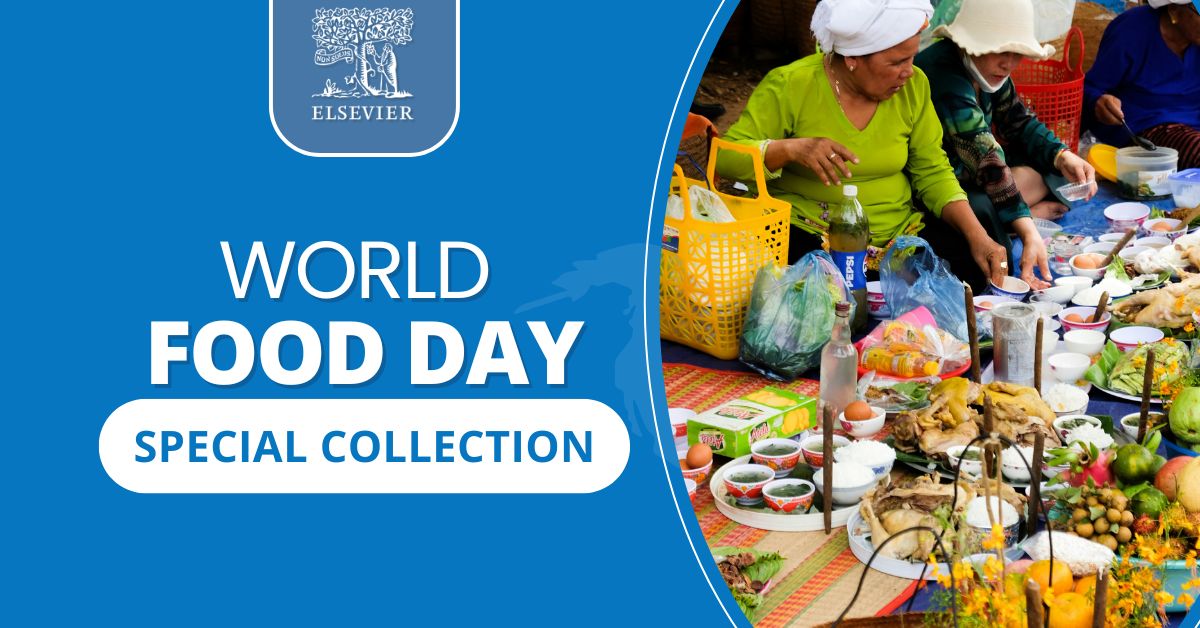Sustainable food systems are those which deliver food security and nutrition for all without compromising the economic, social, and environmental bases to generate food security and nutrition for future generations. They are intricately interwoven with the United Nations' Sustainable Development Goals (SDGs), a set of 17 global targets established to address various worldwide challenges, including poverty, inequality, climate change, and environmental degradation. The second SDG explicitly aims to "end hunger, achieve food security and improved nutrition, and promote sustainable agriculture." However, the link between sustainable food systems and the SDGs extends far beyond this single goal. For instance, SDG 6 focuses on ensuring access to water and sanitation for all, and this directly correlates with irrigation and sustainable water management practices in agriculture.
The 12th SDG emphasizes responsible consumption and production patterns, urging a more balanced and mindful approach to how we produce and consume food, thereby minimizing waste and promoting resource efficiency. Additionally, SDG 13 and 15 focus on climate action and life on land, respectively, both of which are deeply entwined with agriculture’s role in deforestation, land degradation, and greenhouse gas emissions.
But beyond the environment, there's also a clear social dimension to sustainable food systems. SDG 1, which aims to eradicate poverty, is closely related to the livelihoods of millions of small-scale farmers worldwide. By promoting sustainable farming practices, we can ensure that farmers have consistent, fair, and sustainable incomes, lifting them and their families out of poverty. SDG 5, which aspires for gender equality, recognizes the crucial role of women in agriculture and food production. Ensuring that women have equal access to resources, training, and decision-making in the agricultural sector is vital for creating a more equitable and sustainable food system. Furthermore, SDG 3, which aims for good health and well-being, ties into the nutritional aspects of a sustainable food system.
A shift towards more sustainable diets and reduced consumption of resource-intensive foods can help combat malnutrition and diet-related non-communicable diseases. Sustainable food systems are not just about how food is produced, but also how it is consumed, processed, transported, and even wasted. Every step in the food chain impacts both the environment and society, and thus relates to multiple SDGs. Addressing the challenges in our food systems requires holistic, integrated approaches that take into account economic, social, and environmental dimensions. As we strive to meet the SDGs by 2030, the promotion and establishment of sustainable food systems should be at the heart of our efforts, reminding us that the way we produce and consume food affects nearly every aspect of our lives and our planet.
Celebrated annually on October 16, World Food Day is a key global event focused on raising awareness about food security and hunger. Established by the United Nations Food and Agriculture Organization (FAO) in 1979, this day highlights the ongoing challenges of hunger, malnutrition, and the need for sustainable food systems.
Sustainable Food Supply Chains: Planning, Design, and Control through Interdisciplinary Methodologies, 2019, Pages 249-260
Sustainable Food Systems from Agriculture to Industry, Improving Production and Processing, 2018, Pages 3-46


